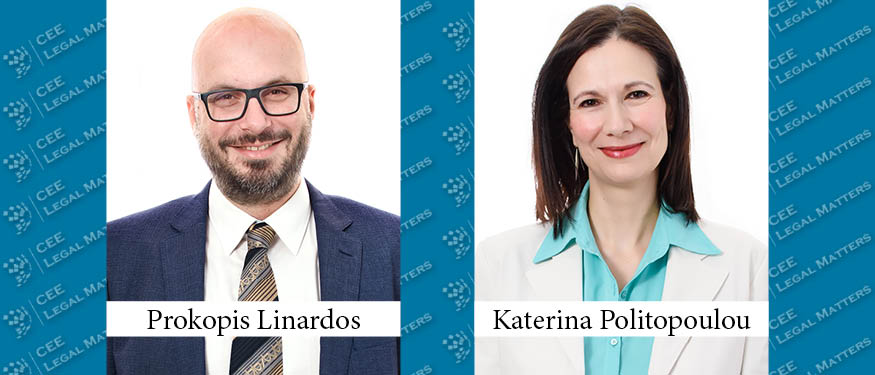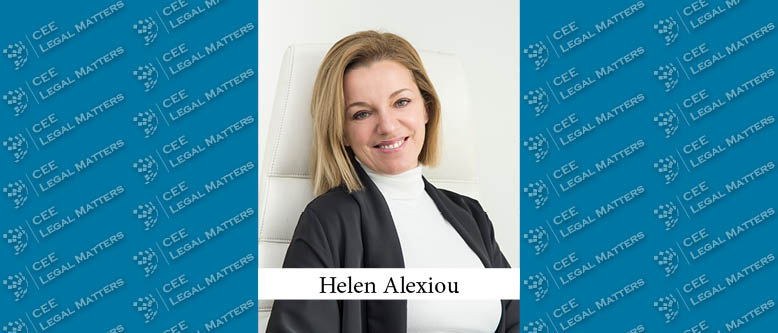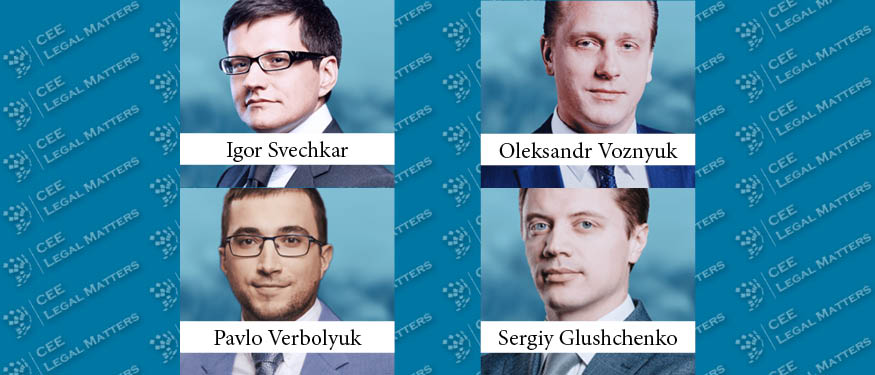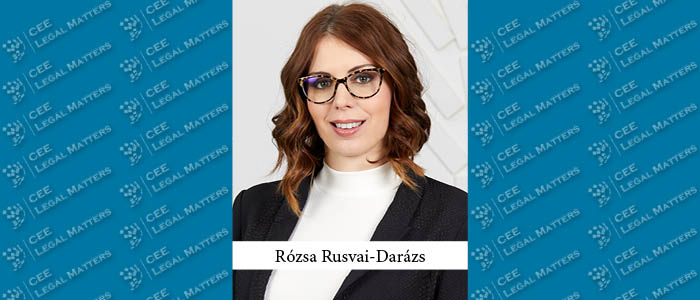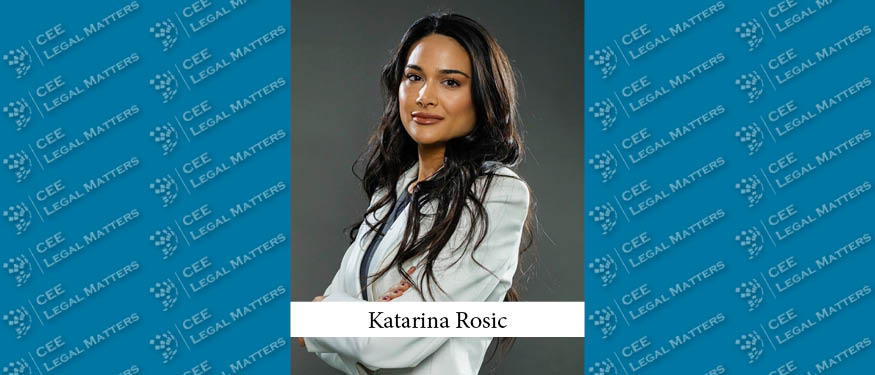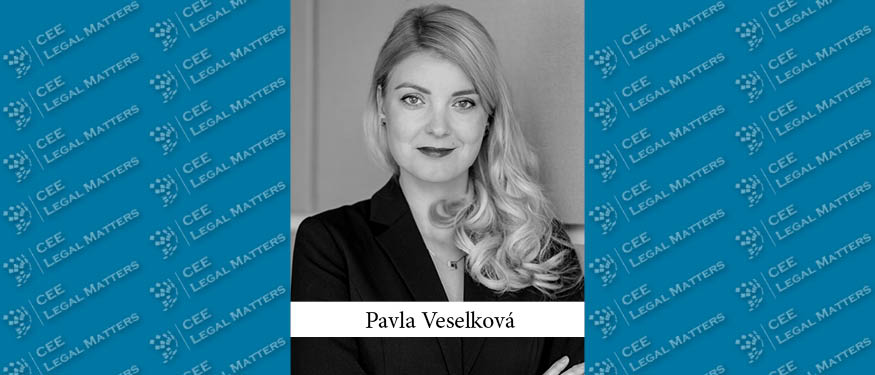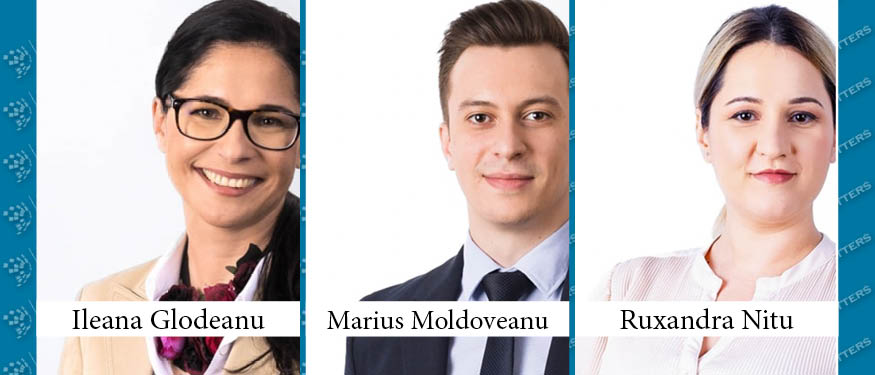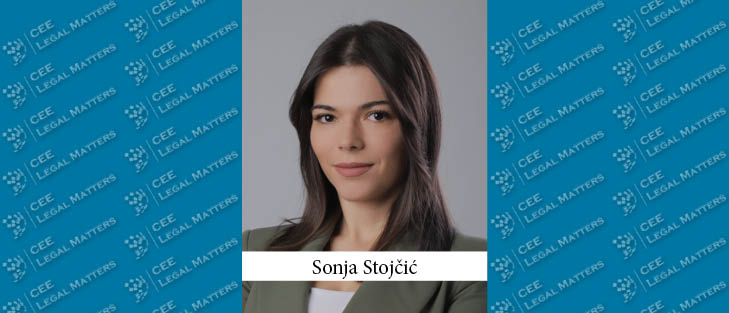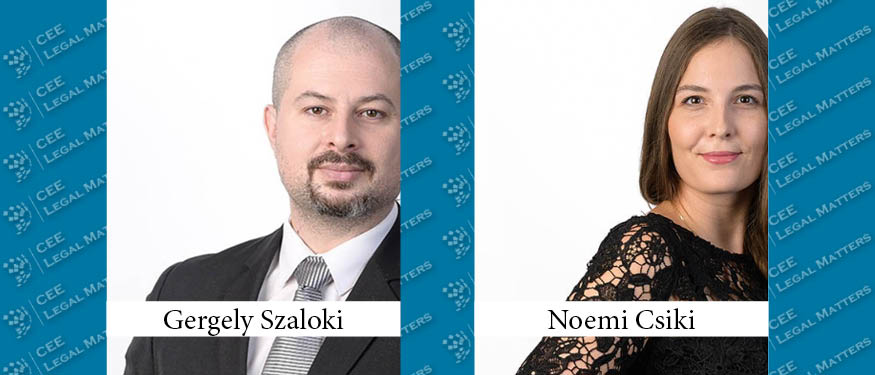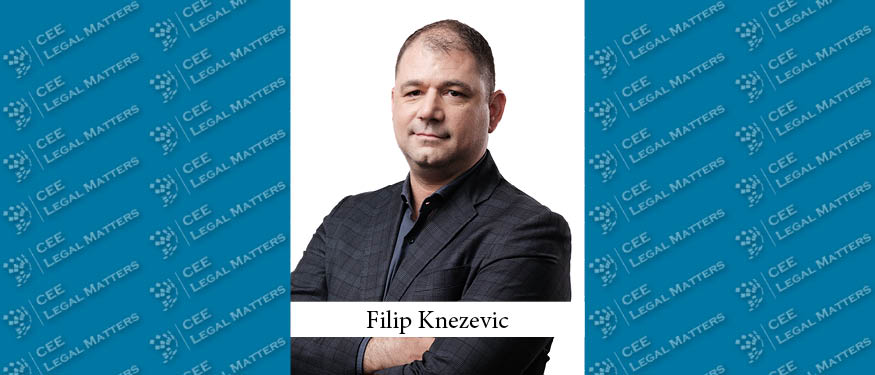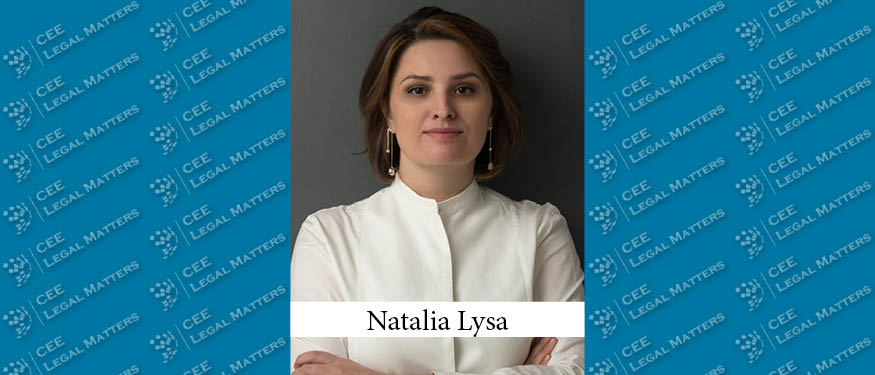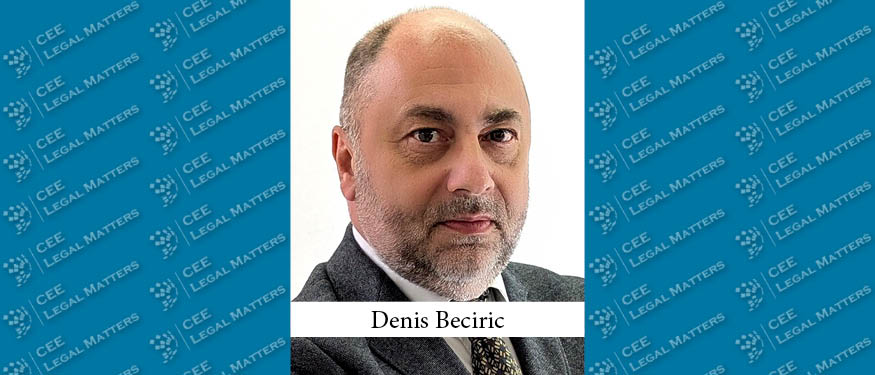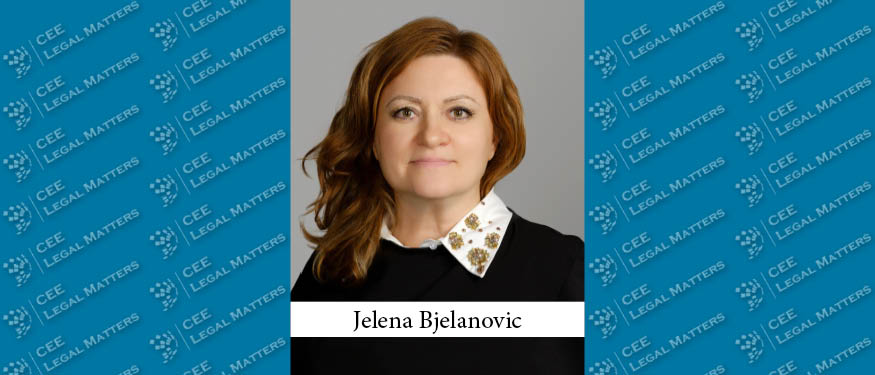Over the past two decades, the Greek State has increasingly relied on self-financing techniques for large-scale infrastructure projects, namely concession agreements and public-private partnership (PPP) agreements which differ from the traditional public works contracts first of all in terms of private financing (either through equity or bank financing) provided by the contractor against consideration. At the same time, the contractor assumes significant part of the associated economic and business risks.
Diarra v. FIFA – CJEU Strengthens Freedom of Movement of Football Players in EU
In October 2024, the Court of Justice of the European Union (CJEU) rendered a judgment in preliminary ruling proceedings concerning the international FIFA Regulations on the Status and Transfer of Players (RSTP) in relation to the freedom of movement of workers principle of the EU.[1] For the first time after the Bosman judgment in 1993[2], the legal framework of international football might face major changes.
Alert! Council of State Issues Ruling on New Building Regulations and Constitutional Compliance
Pursuant to an announcement issued today by the President (Judge) of the Council of State, the Court (in Plenary Session) has ruled that articles 10, 15§8, 19§2 and 25 of the New Building Regulations (“ΝΟΚ”) are not consistent with article 24 §§1 and 2 of the Constitution.
Breaking Barriers: Gender Balance in Corporate Leadership
Hungary is gearing up for a groundbreaking shift in corporate governance, with the proposed law aimed at improving gender representation in leadership positions at publicly traded companies. By implementing the relevant EU directive, the proposed law does not only seek to address long-standing gender imbalances but still promotes greater access of women to the labor market participation.
First Successful Application of New Leniency Procedure
A leniency procedure has been in place in Ukraine for over two decades. However, until recently, there was no public record of its successful application by the Antimonopoly Committee of Ukraine (AMC).
Czech Parliament Discusses Measures to Cut Renewable Energy Subsidies, Focusing on Solar Power Plants
A set of two measures aimed at reducing state subsidies for renewable energy sources has been approved by the lower house of Parliament in the Czech Republic on 11 December 2024. These changes, proposed through amendments to the Act on Promoted Sources (the “RES Act”) and the Energy Act, specifically target solar power plants with a capacity of more than 30 kW that were connected in 2009 and 2010.
Parliament to Discuss Amendments to Several Major Laws at the End of the Year
The Hungarian Parliament is debating several major laws at the end of 2024, including amendments to the Act on the election of the Members of the Parliament (‘Election Act’), another amendment to the Fundamental Law of Hungary and new rules on hate speech.
Czech Parliament Passes Fundamental Reform of Incentives Scheme for Movies and Video Games and Introduces a New Fee System for VOD Service Providers
The Czech Republic has been a key global entertainment industry player for decades – whether through the quality of its local film production services, or the country’s use as a filming location, or with respect to developing world-famous video games. Now, in order to respond to the constantly evolving entertainment industry, to strengthen the competitiveness of the Czech audiovisual market, and to ensure the country remains a priority destination for major players developing film, series and video game projects, the Czech incentive scheme has been overhauled by lawmakers.
EU Announces EUR 4.6 Billion Investment to Boost Clean Energy Development
To bolster Europe’s clean energy transition, the European Commission has recently announced a EUR 4.6 billion investment. This funding aims to advance net-zero technologies, electric vehicle (EV) battery cell manufacturing, and renewable hydrogen production. This initiative marks a pivotal step in the EU’s commitment to achieving climate neutrality by 2050.
Autumn Tax Package in Hungary
The Hungarian Parliament approved the autumn tax package on 26 November 2024. The amendments introduce significant changes to direct and indirect taxes alike, the most important changes are summarized below.
Call for Investment Projects in Ukraine
During EU-Ukraine Investment Conference on 13-14 November in Warsaw the European Commission has announced a call for private investment projects in Ukraine that have cost at least EUR 50 m, of which the project initiator provides at least 10% in the own contributions.
"Temu Tax" Could Make Online Shopping More Expensive From January
Following the restrictions in the Far East, all companies operating online marketplaces in Hungary can expect significant tax changes and a new tax burden from January 2025.
Law on Amendments to the Law on Prevention of Money Laundering and Financing of Terrorism
On 6 December 2024, the Law on Amendments to the Law on Prevention of Money Laundering and Financing of Terrorism and the Law on Amendments to the Law on Public Notaries entered into force. These two laws were adopted by the National Assembly of the Republic of Serbia and published in the Official Gazette of the Republic of Serbia on 28 November 2024.
Penalties for Overstated Claims: A Hidden Trap in Czech Insolvency Proceedings
Filing a claim in insolvency proceedings may be the only way for creditors to recover at least part of the amount they are owed. In the Czech legal system, however, creditors face an understated but significant risk: if they overstate the amount of their claim, not only do they risk having it disregarded but they may also be required to pay a penalty to the debtor’s estate. This provision, embedded in the Czech Insolvency Act, acts as a double-edged sword: while it aims to prevent unfounded claims and speculation in insolvency proceedings, it often deters legitimate creditors from fully asserting their claims. This financial penalty has no equivalent in other European countries. So, how can creditors avoid penalties, and what should they know before submitting a claim in insolvency proceedings?
Romanian Company Law Updates: Online Participation and E-Voting in Shareholder Meetings
The Romanian Company Law no. 31/1990 has been amended through the recent Law no. 299/2024 to better align with technological developments and the evolving needs of the business landscape. Notably, a key update is enabling remote (online) attendance and electronic voting in general shareholder meetings, among other relevant revisions.
First Year of the New EU-U.S. Data Privacy Framework: Analysis of Reports by the European Commission and the European Data Protection Board
The European Commission and the European Data Protection Board (“EDPB”) have recently published reports on the first year of implementation of the new EU–U.S. Data Privacy Framework (“DPF”). These reports analyze the application of data protection mechanisms in cross-border transfers between the EU and the U.S., as well as ongoing challenges.
A New Economic Policy Action Plan Arrives With Tighter Conditions for Airbnb Apartments
On 16 October 2024, the Hungarian Government decided on a new economic policy action plan consisting of 21 measures, which also addresses the situation of short-term housing in the capital. The Government intends to tighten conditions for providing private accommodation services, i.e. Airbnb, to solve the worsening housing crisis in Budapest.
Factoring in Hungary: A Liquidity Solution and Regulatory Challenge
Factoring has emerged as an essential financial solution for businesses in Hungary, offering a fast and flexible way to maintain cash flow and bridge liquidity gaps, especially for those with extended payment terms in sectors like agriculture, manufacturing and logistics. However, navigating Hungary’s complex regulatory landscape can pose challenges for companies seeking to use factoring to its fullest potential. With options like silent factoring available to help preserve client relationships and a need for thorough understanding of local laws, businesses can benefit significantly from a strategic approach. This article explores the advantages of factoring in Hungary, along with key regulatory considerations to ensure compliance and stability in companies’ financial operations.

